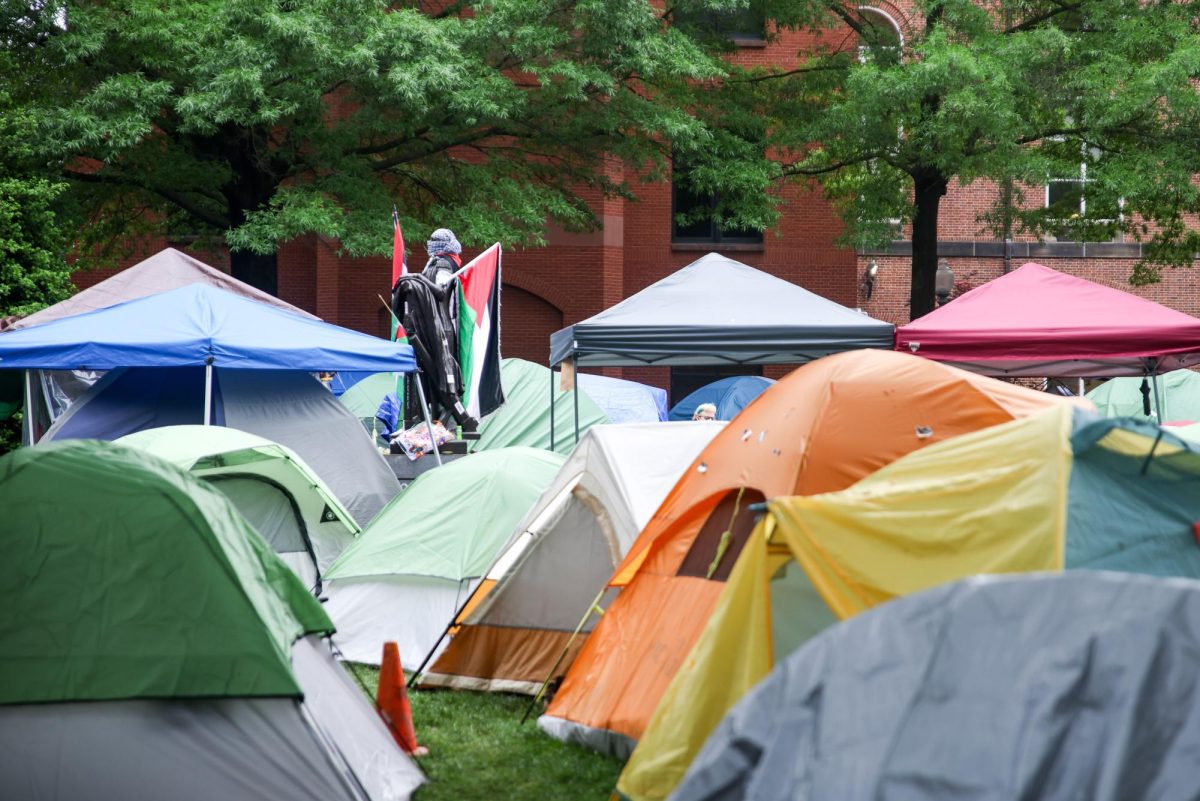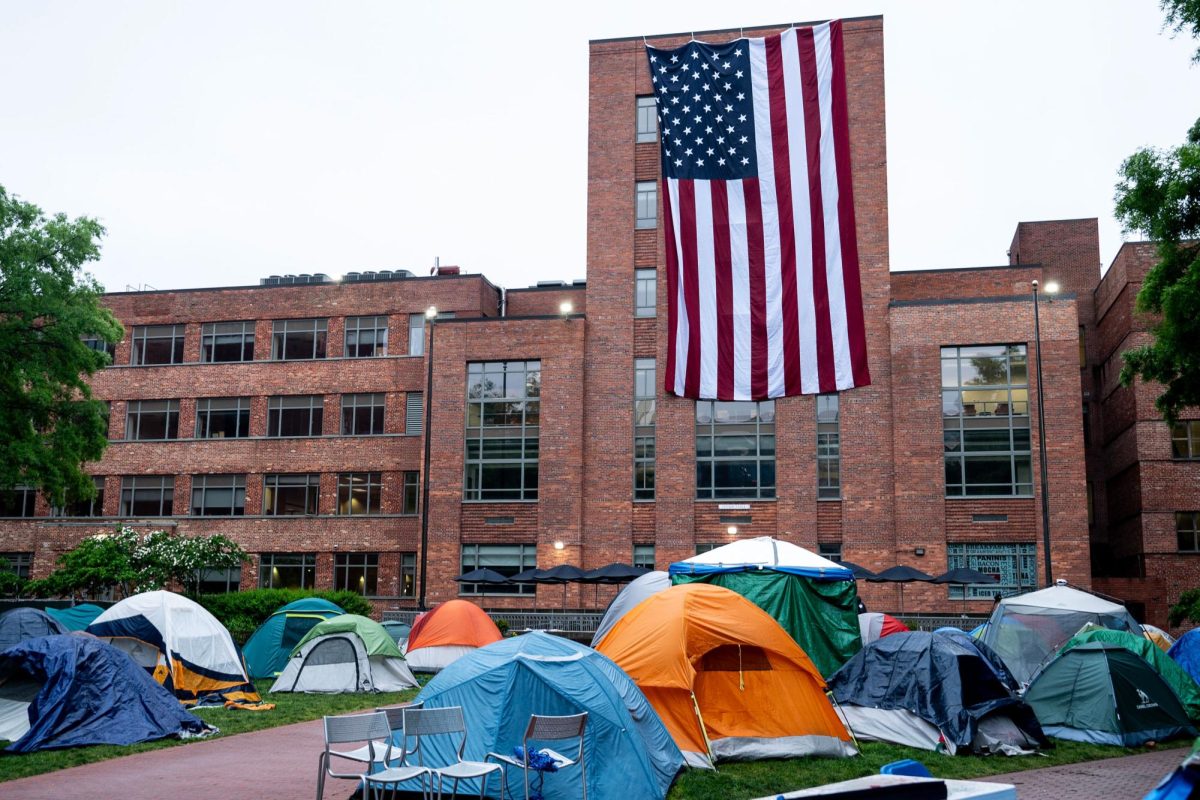Post-Cold War civil wars and the increasing spread of AIDS are two major problems African countries still face.
GW’s Organization for African Students co-sponsored a daylong conference Saturday to address these and other issues with the GW community and consider solutions to the continent’s problems.
Instead of focusing on the negative, speakers at the first annual Africa Business and Politics Conference tried to encourage students to help improve Africa’s situation.
About 120 students gathered at the conference, sponsored by OAS and Freedom and International Justice Foundation, an Arlington, Va., based multi-racial organization seeking democracy, social justice and economic reforms in Africa.
The conference included four panels that addressed democratization, privatization, regional integration and financing opportunities in African countries.
In his keynote address, ambassador David H. Shinn, adjunct professor in the Elliott School of International Affairs, stressed the importance of Africans and non-Africans taking initiative to make a difference in Africa’s problems.
“This conference will only make a difference if it encourages a significant number of you, the participants, to devote your lives, your career or at least a major part of your available time to the betterment of the continent of Africa,” Shinn said.
Shinn said although outside help is needed, leaders and private citizens in Africa “must learn to prevent and work hard to end” internal conflicts. He said the Cold War and colonialism can no longer be blamed for problems rising from local politics and internal fighting, and Africans must lead the way in resolving such problems.
Shinn directed and coordinated U.S. State Department policy in Somalia from 1992-93 and served as ambassador to Ethiopia from 1996-97.
A one-hour panel, “Politics and Good Governance,” debated whether African countries should use native institutions or models of Western governments to create successful democracies.







